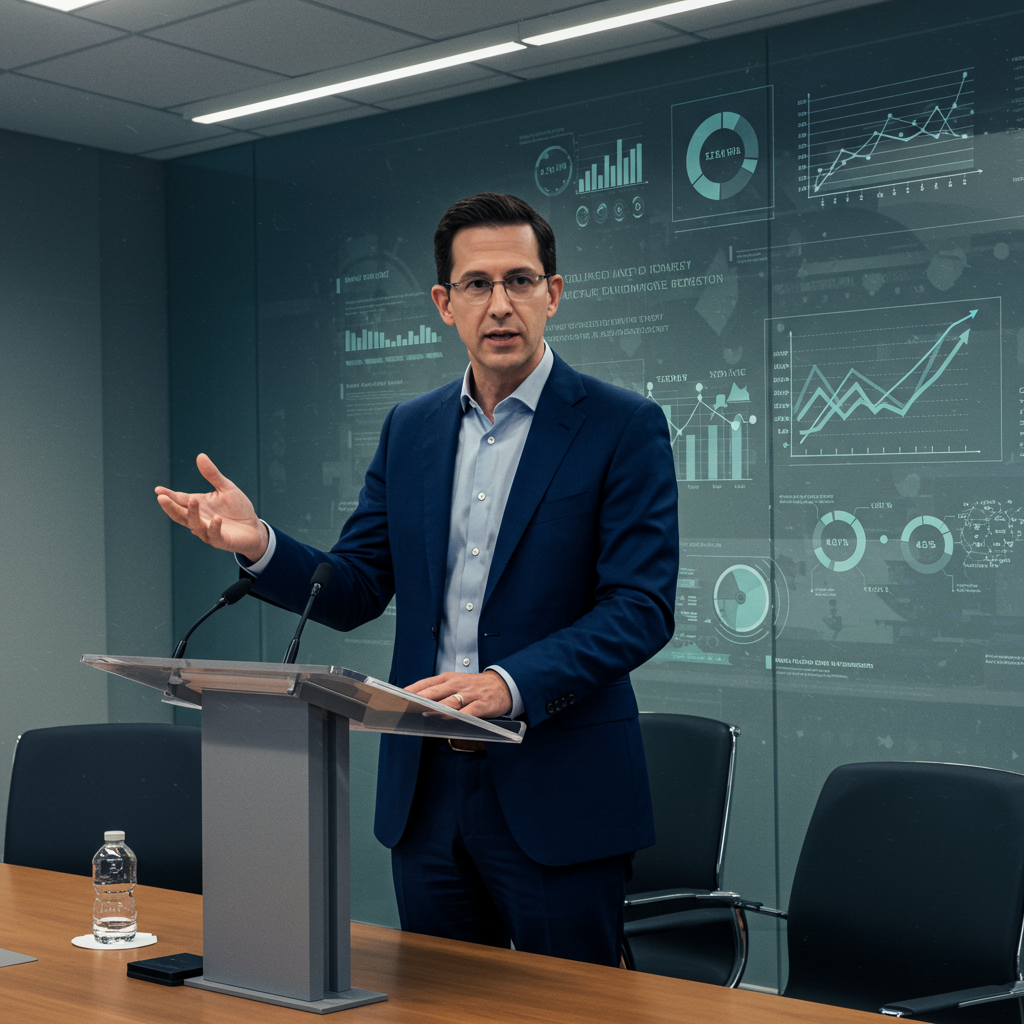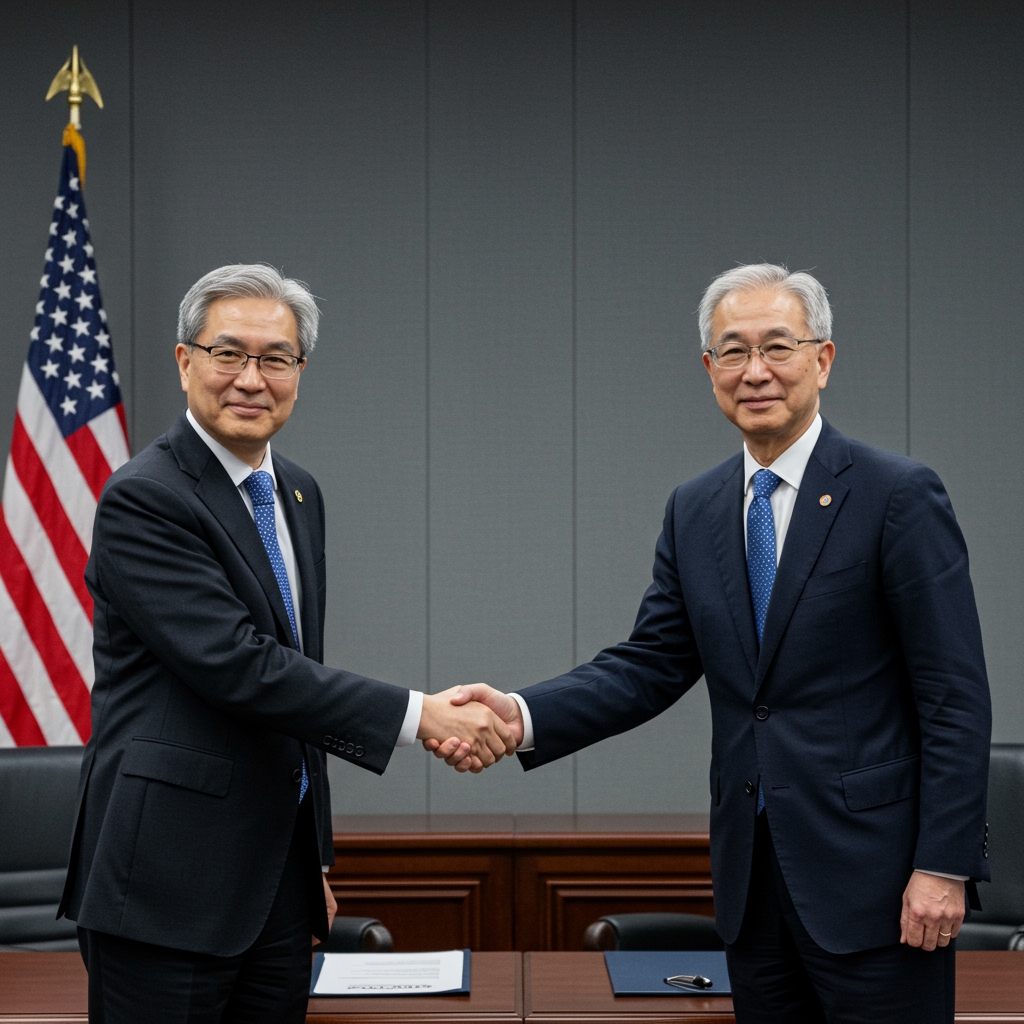Amazon CEO Andy Jassy has delivered a clear message to employees: the company expects artificial intelligence to lead to a reduction in its overall corporate workforce in the coming years. The announcement, shared internally via a blog post and later made public, underscores the growing impact of AI on white-collar jobs across the tech industry and beyond.
Jassy explained that as Amazon rolls out more Generative AI tools and “agents,” it will fundamentally change the way work is done. While some jobs will require fewer people due to efficiency gains from AI, other new roles will emerge. However, the net effect, according to Jassy, is expected to be a decrease in the total number of corporate employees.
“In the next few years,” Jassy wrote, “we expect that this will reduce our total corporate workforce as we get efficiency gains from using AI extensively across the company.”
Amazon’s “Agentic” Future Driven by AI Investment
Amazon is making substantial investments in this AI-driven future, committing $100 billion in 2025 specifically for AI and data center infrastructure. The company is already deeply integrated with AI, utilizing or developing over 1,000 generative AI services and applications in “virtually every corner of the company,” from customer-facing tools to internal operations.
Jassy envisions an “agentic” future where AI systems handle routine tasks currently performed by humans. Examples of Amazon’s existing AI applications include enhancements to Alexa, personalized shopping assistants like “Buy for Me” (used by tens of millions), tools for forecasting, fulfillment, customer service, and even AI features for third-party sellers (used by half a million) and advertisers.
The goal, from Amazon’s perspective, is for AI to serve as a “teammate,” taking on more tedious work and allowing human corporate staff to focus on more creative, strategic, and innovative tasks aimed at improving customer experiences. Embracing these changes, Jassy noted, will position employees well for the future.
Mixed Reactions and Broader Industry Trends
While Amazon presents this shift as an opportunity for efficiency and more fulfilling human work, it hasn’t been without internal pushback. Some Amazon employees, particularly software engineers, have reported feeling increased pressure to use AI to boost productivity, making their jobs feel “more routine, less thoughtful and, crucially, much faster paced.”
Amazon’s explicit statement about AI leading to workforce reduction aligns with a broader trend across major companies. Firms like Klarna have seen AI assistants handle workloads equivalent to hundreds of full-time agents. Duolingo is moving towards an “AI-first” model, replacing contractor tasks with AI. Shopify paused hiring earlier to assess AI capabilities, and companies like Intuit and Cisco have announced layoffs while shifting strategy towards AI integration. This makes Amazon’s position, as one of America’s largest employers with over 1.5 million global staff (~350,000 in corporate roles), a potential “bellwether” for the future of the US job market.
Expert Perspectives and the Job Market Debate
The potential impact of AI on jobs is a subject of intense debate among experts. AI leaders like Anthropic CEO Dario Amodei have issued stark warnings, suggesting AI could eliminate up to half of entry-level white-collar jobs and potentially push unemployment as high as 20% within just one to five years. Even Geoffrey Hinton, often called the “Godfather of AI,” questions whether the new jobs created by AI will be accessible if AI can handle “all mundane human intellectual labor,” suggesting future roles might require very high skill levels.
However, these dire predictions are sometimes viewed critically, particularly when they come from individuals or companies poised to profit significantly from AI adoption. Critics like HR consultant Bryan Driscoll argue that companies like Amazon are using AI primarily to accelerate shareholder value by replacing human workers with cheaper machine alternatives, calling Jassy’s letter a “masterclass in spin.” Driscoll warns that tens of thousands could lose jobs simply because they can be replaced by AI, setting a concerning precedent without adequate worker protections.
Adding further nuance, economist Daniel Zhao notes that while AI’s significant impact on the economy and work is inevitable, it’s currently difficult to disentangle AI’s specific effect on hiring from broader macroeconomic factors like the recent economic slowdown and general market uncertainty.
Looking Ahead
Amazon is clearly signaling a future where AI plays an even more central role, leading to expected reductions in its corporate workforce through efficiency gains. While the exact numbers and timelines remain uncertain, and the debate continues regarding the nature and accessibility of the jobs AI might create, Amazon’s direction highlights a significant, ongoing transformation in the workplace that companies and employees alike must navigate.



